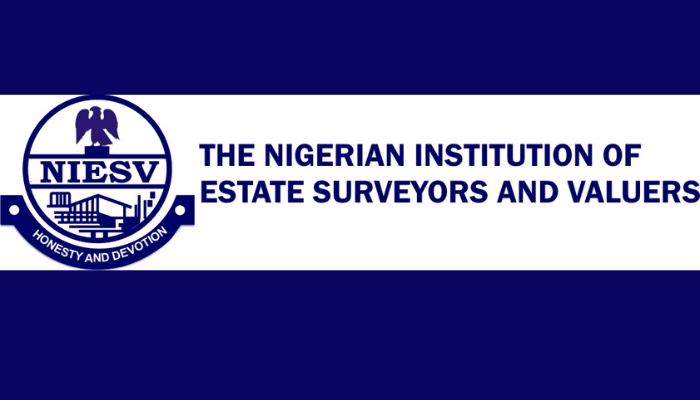In a recent address in Abuja, Victor Alonge, president of the Nigerian Institution of Estate Surveyors and Valuers, expressed support for Nigeria’s proposed tax reform, describing it as a long-overdue step toward fairness and accountability in public finance.
Speaking at a media briefing organized for the Institute’s Valuation Day, Alonge praised the bill’s intent to relieve the financial strain on low-income citizens while reshaping the broader tax system for greater transparency. However, he warned that the new system, while fairer, may bring unintended burdens—particularly for those not used to full financial disclosure.
“The aim is clear: ease the weight of taxation on those earning the least, and create a system where everyone contributes based on what they truly earn,” Alonge explained. “Under the current system, the poor are paying disproportionately. When you consider the percentage of a low-income earner’s salary going to tax compared to a wealthy individual, you’ll see the imbalance.”
According to Alonge, the bill eliminates taxes on certain forms of property income—such as rental earnings—marking a relief for small landlords and homeowners. “Charges like stamp duties and rental income tax will no longer apply, which is a huge relief for many,” he said.
Describing the reform as “a step in the right direction,” Alonge emphasized its potential to benefit underserved communities. “This bill, if properly implemented, will lift more people out of poverty. But it will also usher in stricter tax enforcement,” he noted.

He cautioned that the new structure will require fuller financial transparency from citizens, as enforcement mechanisms tighten. “We haven’t really seen consequences for tax evasion before now. That’s about to change. People will have to declare all sources of income, and failure to do so might come with serious repercussions.”
Addressing systemic issues, Alonge criticized what he sees as a disconnect between Nigeria’s tax laws and their actual enforcement. “We’ve always had the laws,” he said, “but compliance is often compromised, and enforcement is inconsistent.”
He added that with oil revenues no longer reliable, Nigeria must strengthen its tax base to fund essential services. “Even wealthy nations lean on taxes to finance development. We can’t keep relying on oil.”
Alonge also acknowledged that the reforms may blur income boundaries, especially for those with side hustles or informal earnings. “Someone earning N200,000 monthly might not consider themselves middle-income, but if you factor in additional earnings, their tax status could change quickly,” he explained. “That’s why implementation needs to be approached carefully.”
On a separate note, Alonge addressed public concerns about fraudulent actors in the real estate sector. “Let me be clear—within our profession, we don’t have unqualified practitioners. The problem lies in the broader industry where people pose as professionals,” he stated.
He blamed widespread property fraud on emotional decision-making by buyers. “People are eager to own homes. That eagerness often makes them vulnerable to scams,” he said.
Alonge urged property seekers to consult registered professionals before engaging in transactions. “Due diligence is everything. Engaging certified experts can save people from painful losses,” he advised.



